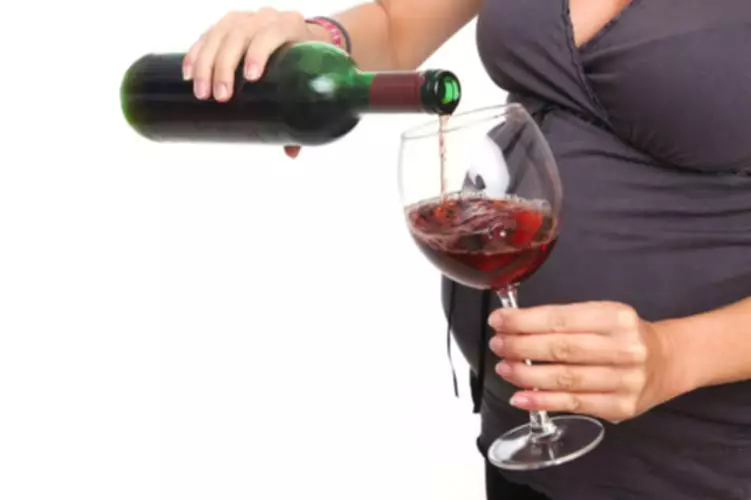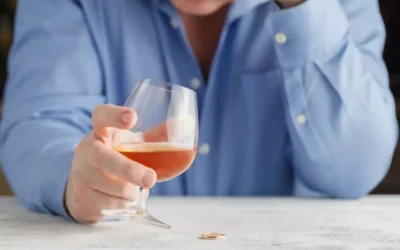Therefore, many of the techniques discussed under relapse prevention that aim at modification of dysfunctional beliefs related to outcomes of substance use, coping or self-efficacy are relevant and overlapping. Negative emotional states, such as anxiety, depression, anger, boredom are often dealt with by using substances, interpersonal conflicts that the person cannot cope with effectively or resolve and the social -pressure to use a substance31. Others high risk cognitive dissonance and addiction situations include physical states such as hunger, thirst, fatigue, testing personal control, responsivity to substance cues (craving). The RP model highlights the significance of covert antecedents such as lifestyle patterns craving in relapse. In addition to therapy, support, and counseling from Lantana are essential components of addiction recovery. Breaking free from addiction and resolving cognitive dissonance often necessitate professional guidance.
- Clinical and laboratory research has implicated pre-natal exposure to methamphetamine in both cognitive deficits and altered brain structure.
- Social skills training (SST) incorporates a wide variety of interpersonal dimensions15.
- It can be difficult for those people who have never developed alcohol or drug addiction to understand the motivations and reasoning of those who have.
- These same regions underlie declarative memory—the memories that define an individual, without which it would be difficult to generate and maintain a concept of self (Cahill and McGaugh, 1998; Eichenbaum, 2000; Kelley, 2004; Setlow, 1997).
- A person who feels defensive or unhappy might consider the role cognitive dissonance might play in these feelings.
Personality Predictors of IT Addiction
To reduce this dissonance, they may seek out new information that overrides the belief that greenhouse gasses contribute to global warming. This is particularly true if the disparity between their beliefs and behaviors involves something that is central to their sense of self. Cognitive dissonance can often have a powerful influence on our behaviors and actions.
Conflicting Information

Instead of changing a belief or altering a behavior, people simply blame someone else. Cognitive dissonance can motivate people to take steps to reduce the discomfort or distress that they feel. The more dissonance people feel, the more likely they will do something about it.
Conflict of Interest
Even in recovery, individuals may still battle cognitive dissonance and justify relapses. Therapy, such as group therapy, can help address cognitive dissonance in addiction treatment. A recent study conducted by addiction specialists at a treatment facility in 2020 revealed that 75% of participants experienced cognitive dissonance during their recovery.
Beach House’s Clinical Modalities for Addiction Treatment

This can be a difficult decision when the choices feel equally good or equally bad. In order to explain this phenomenon, psychologist Leon Festinger presented the idea of cognitive dissonance. He explained that in order to maintain our sense of identity, we’re motivated to reduce inconsistencies in our self-image. We consider ourselves to be truthful, hard-working, health-conscious, and in control. Many people need to hit personal rock bottom to see through the denial and decide that they’ve had enough.
- He explained that in order to maintain our sense of identity, we’re motivated to reduce inconsistencies in our self-image.
- Therapy, such as group therapy, can help address cognitive dissonance in addiction treatment.
- This explains why people are able to drink themselves to death even though their family and friends are doing all they can to help.
- Mindfulness, is drawn from Zen Buddhist teachings and refers to viewing things in a special way.
They are willing to increase their own delusional thinking to protect their current addiction. This explains why someone will hold on to beliefs and ideas that are wholly illogical and obviously irrational to others. They claim that they are https://ecosoberhouse.com/ the exception to the rule, believing they will be able to manage their addiction or have a particularly strong constitution. Ultimately, changing the belief that is out of step with reality is also an effective way to reduce dissonance.
- Presently, we are refining CMI and have been applying this approach to additional clients and CSOs.
- We generally try to eliminate this dissonance by taking a new, consonant action or by dismissing the incongruent information.
- These deficits persisted into later adulthood among the male rats, but not the females.
- Many experiments have established that, as learning takes place, selected neurons increase their levels of activity and form new connections, or strengthen established connections, with networks of other neurons.
- “Rather than experience the painful feelings of believing one thing but saying another, these individuals actually changed their opinion and convinced themselves that the task was actually very interesting.
In our example, you didn’t appreciate your friend pointing out that you were drinking soda instead of water. You realize that you were making a decision that was out of step with what you said you wanted to do. Social psychologists have uncovered dozens of cognitive biases, such as self-serving bias, unconscious bias or implicit bias, confirmation bias, fundamental attribution error, and the sunk-cost fallacy. Cognitive dissonance is the psychological tension we feel as we try to reckon with two (or more) opposing pieces of information. We generally try to eliminate this dissonance by taking a new, consonant action or by dismissing the incongruent information.

The Nature of the Belief
Stigmatizing Drug Use Is Killing Us, But Why Is It So Hard to Stop? – Filter
Stigmatizing Drug Use Is Killing Us, But Why Is It So Hard to Stop?.
Posted: Thu, 08 Sep 2022 07:00:00 GMT [source]